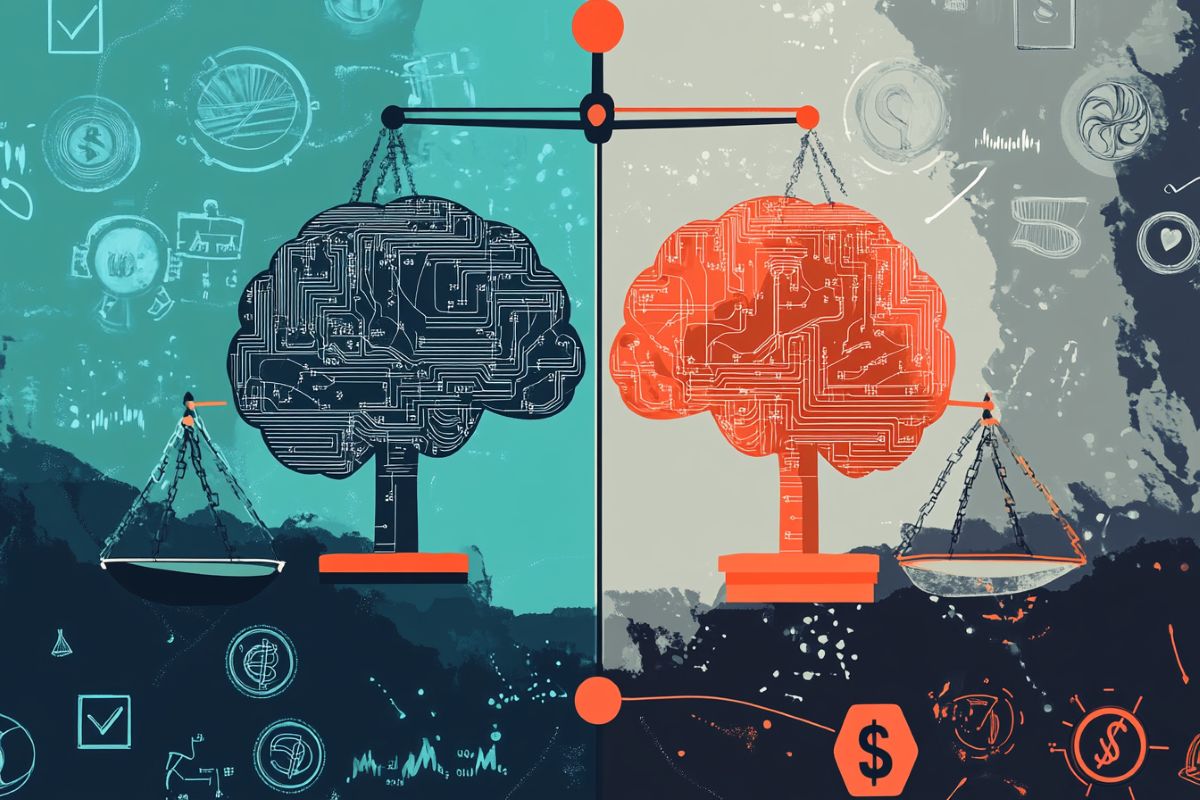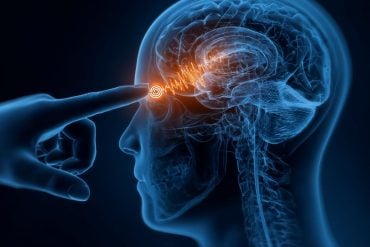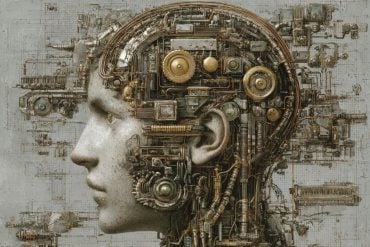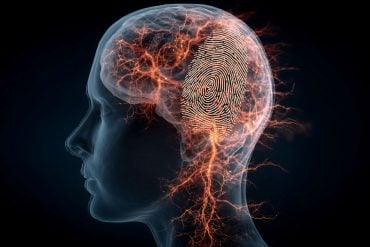Summary: A new study finds that ChatGPT, while excellent at logic and math, exhibits many of the same cognitive biases as humans when making subjective decisions. In tests for common judgment errors, the AI showed overconfidence, risk aversion, and even the classic gambler’s fallacy, though it avoided other typical human mistakes like base-rate neglect.
Interestingly, newer versions of the AI were more analytically accurate but also displayed stronger judgment-based biases in some cases. These findings raise concerns about relying on AI for high-stakes decisions, as it may not eliminate human error but instead automate it.
Key Facts:
- Bias-Prone AI: ChatGPT showed human-like cognitive biases in nearly half of tested scenarios.
- Judgment vs. Logic: AI excels at objective tasks but struggles with subjective decision-making.
- Oversight Needed: Experts warn that AI should be monitored like a human decision-maker.
Source: INFORMS
Can we really trust AI to make better decisions than humans? A new study says … not always.
Researchers have discovered that OpenAI’s ChatGPT, one of the most advanced and popular AI models, makes the same kinds of decision-making mistakes as humans in some situations – showing biases like overconfidence of hot-hand (gambler’s) fallacy – yet acting inhuman in others (e.g., not suffering from base-rate neglect or sunk cost fallacies).
Published in the INFORMS journal Manufacturing & Service Operations Management, the study reveals that ChatGPT doesn’t just crunch numbers – it “thinks” in ways eerily similar to humans, including mental shortcuts and blind spots.
These biases remain rather stable across different business situations but may change as AI evolves from one version to the next.
AI: A Smart Assistant with Human-Like Flaws
The study, “A Manager and an AI Walk into a Bar: Does ChatGPT Make Biased Decisions Like We Do?,” put ChatGPT through 18 different bias tests. The results?
- AI falls into human decision traps – ChatGPT showed biases like overconfidence or ambiguity aversion, and conjunction fallacy (aka as the “Linda problem”), in nearly half the tests.
- AI is great at math, but struggles with judgment calls – It excels at logical and probability-based problems but stumbles when decisions require subjective reasoning.
- Bias isn’t going away – Although the newer GPT-4 model is more analytically accurate than its predecessor, it sometimes displayed stronger biases in judgment-based tasks.
Why This Matters
From job hiring to loan approvals, AI is already shaping major decisions in business and government. But if AI mimics human biases, could it be reinforcing bad decisions instead of fixing them?
“As AI learns from human data, it may also think like a human – biases and all,” says Yang Chen, lead author and assistant professor at Western University.
“Our research shows when AI is used to make judgment calls, it sometimes employs the same mental shortcuts as people.”
The study found that ChatGPT tends to:
- Play it safe – AI avoids risk, even when riskier choices might yield better results.
- Overestimate itself – ChatGPT assumes it’s more accurate than it really is.
- Seek confirmation – AI favors information that supports existing assumptions, rather than challenging them.
- Avoid ambiguity – AI prefers alternatives with more certain information and less ambiguity.
“When a decision has a clear right answer, AI nails it – it is better at finding the right formula than most people are,” says Anton Ovchinnikov of Queen’s University. “But when judgment is involved, AI may fall into the same cognitive traps as people.”
So, Can We Trust AI to Make Big Decisions?
With governments worldwide working on AI regulations, the study raises an urgent question: Should we rely on AI to make important calls when it can be just as biased as humans?
“AI isn’t a neutral referee,” says Samuel Kirshner of UNSW Business School. “If left unchecked, it might not fix decision-making problems – it could actually make them worse.”
The researchers say that’s why businesses and policymakers need to monitor AI’s decisions as closely as they would a human decision-maker.
“AI should be treated like an employee who makes important decisions – it needs oversight and ethical guidelines,” says Meena Andiappan of McMaster University. “Otherwise, we risk automating flawed thinking instead of improving it.”
What’s Next?
The study’s authors recommend regular audits of AI-driven decisions and refining AI systems to reduce biases. With AI’s influence growing, making sure it improves decision-making – rather than just replicating human flaws – will be key.
“The evolution from GPT-3.5 to 4.0 suggests the latest models are becoming more human in some areas, yet less human but more accurate in others,” says Tracy Jenkin of Queen’s University.
“Managers must evaluate how different models perform on their decision-making use cases and regularly re-evaluate to avoid surprises. Some use cases will need significant model refinement.”
About this AI and cognition research news
Author: Ashley Smith
Source: INFORMS
Contact: Ashley Smith – INFORMS
Image: The image is credited to Neuroscience News
Original Research: Open access.
“A Manager and an AI Walk into a Bar: Does ChatGPT Make Biased Decisions Like We Do?” by Tracy Jenkin et al. Manufacturing & Service Operations Management
Abstract
A Manager and an AI Walk into a Bar: Does ChatGPT Make Biased Decisions Like We Do?
Problem definition: Large language models (LLMs) are being increasingly leveraged in business and consumer decision-making processes.
Because LLMs learn from human data and feedback, which can be biased, determining whether LLMs exhibit human-like behavioral decision biases (e.g., base-rate neglect, risk aversion, confirmation bias, etc.) is crucial prior to implementing LLMs into decision-making contexts and workflows.
To understand this, we examine 18 common human biases that are important in operations management (OM) using the dominant LLM, ChatGPT.
Methodology/results: We perform experiments where GPT-3.5 and GPT-4 act as participants to test these biases using vignettes adapted from the literature (“standard context”) and variants reframed in inventory and general OM contexts.
In almost half of the experiments, Generative Pre-trained Transformer (GPT) mirrors human biases, diverging from prototypical human responses in the remaining experiments. We also observe that GPT models have a notable level of consistency between the standard and OM-specific experiments as well as across temporal versions of the GPT-3.5 model.
Our comparative analysis between GPT-3.5 and GPT-4 reveals a dual-edged progression of GPT’s decision making, wherein GPT-4 advances in decision-making accuracy for problems with well-defined mathematical solutions while simultaneously displaying increased behavioral biases for preference-based problems.
Managerial implications: First, our results highlight that managers will obtain the greatest benefits from deploying GPT to workflows leveraging established formulas.
Second, that GPT displayed a high level of response consistency across the standard, inventory, and non-inventory operational contexts provides optimism that LLMs can offer reliable support even when details of the decision and problem contexts change.
Third, although selecting between models, like GPT-3.5 and GPT-4, represents a trade-off in cost and performance, our results suggest that managers should invest in higher-performing models, particularly for solving problems with objective solutions.
Funding: This work was supported by the Social Sciences and Humanities Research Council of Canada [Grant SSHRC 430-2019-00505]. The authors also gratefully acknowledge the Smith School of Business at Queen’s University for providing funding to support Y. Chen’s postdoctoral appointment.







